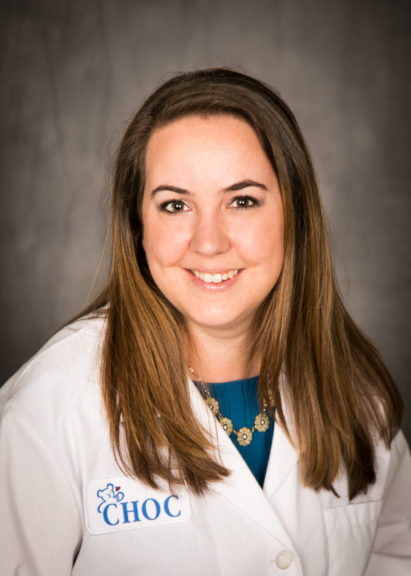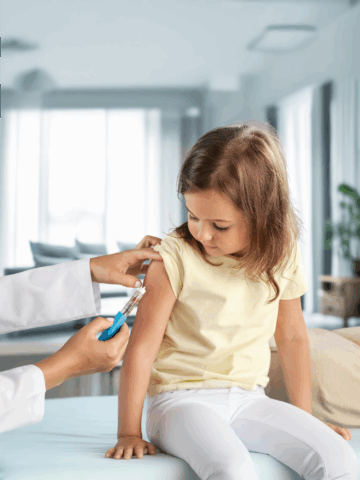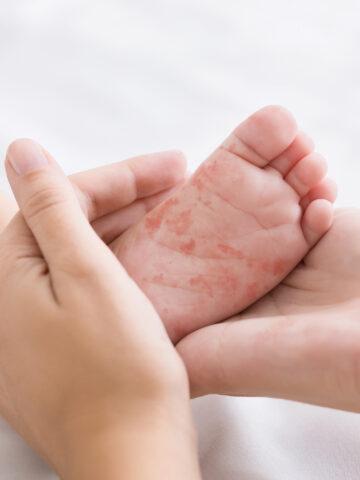Human papilloma virus, or HPV, affects nearly all sexually active men and women at some point in their lives. Many people “clear” or fight off their infections without ever knowing that they had an infection at all. However, a percentage of people with the virus do not clear their infections and may develop genital warts, cervical cancer, head and neck cancers, and penile cancers.
We spoke to Dr. Marisa Turner, a CHOC pediatrician, on the most common myths she hears from parents regarding the HPV vaccine.
Myth 1: My child is too young. They don’t need the vaccine yet.
Some parents decline the HPV vaccine because they think since they have years until their child is sexually active. However, many parents don’t realize the vaccine is more effective the earlier it is given. The immune response to the vaccine is better when given younger, therefore only two doses are needed if the series is started prior to the 15th birthday.
The number of recommended doses depends on the child’s age when they receive their first dose. A two-dose series is given for children starting the series before their 15th birthday. Children who start the series on or after their 15th birthday will receive a three-dose series.
Myth 2: You can only get HPV if you’re sexually active.
Although sexual intercourse is the most common way to get HPV, it is not the only way to get it. It could take just one encounter to catch the virus, and most people who carry the virus have no symptoms and don’t realize they even have it. Even for those that are having protected intercourse, you can still catch HPV despite using a condom.
Myth 3: Giving my child the HPV vaccine will make them become sexually active.
Multiple studies have shown that giving this vaccine doesn’t increase rates of sexual activity in those patients compared to those who don’t receive it.
It’s important for adolescents to take a part in their own health and begin to realize that decisions they make now can affect them later in life and their future health.
Myth 4: Getting the vaccine will guarantee my child does not contract HPV.
Most adults are likely to get HPV at some point in their lives. Some people clear it on their own, but others do not. If your child is vaccinated against HPV and later contracts HPV, it’s likely to be a strain you can clear on your own.
The HPV vaccine prevents against the nine strains of HPV most likely to lead to cancer. About half of all new infections are in people 15-24-year-olds, the peak age at which one should receive the HPV vaccine.
Myth 5: HPV only affects females, so my son does not need the HPV vaccine.
The HPV vaccine has benefits for males too. It prevents oral, anal and penile cancer, and genital warts. Getting vaccinated will also help prevent them from passing it on to other partners, which can happen even in the absence of visible symptoms of HPV.
Myth 6: This vaccine is new, so it must not be safe enough to give my child.
The HPV vaccine was first administered in 2006. Prior to coming to market, it was studied for many years. Ongoing studies have tracked patients for years after receiving the vaccine, and they have not shown any adverse effects. The HPV vaccine is administered and studied all over the world.
Each year in the U.S., 13,200 women are diagnosed with cervical cancer. This number has decreased since the introduction of the HPV vaccine.
Myth 7: My child doesn’t need the HPV vaccine. If they contract HPV, we’ll just treat it.
There is no good treatment for HPV. Some strains clear on their own, but others do not. It’s better to get vaccinated and lower your risk of getting HPV in the first place.
Myth 8: Getting the HPV vaccine will affect my child’s fertility later in life.
Receiving the HPV vaccine will not affect fertility. However, having HPV can cause changes in the cervix which can later affect fertility.






